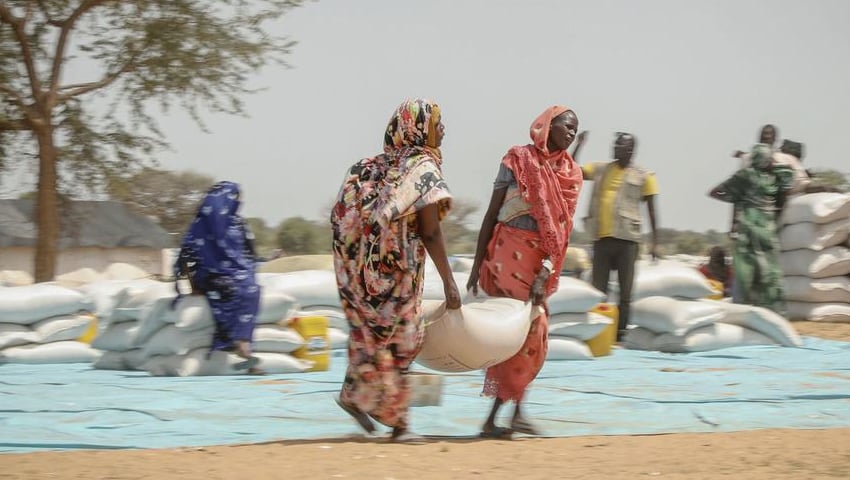THE threat of famine, with people slowly starving to death, must be considered a red line for international peace and security, the UN Famine Prevention and Response Coordinator said last week, warning that warring groups deliberately use hunger as a tactic of war.
Globally, over 250 million people suffered acute hunger in 2022, the highest in recent years, with about 376,000 people facing famine-like conditions in seven countries – all affected by armed conflict or extreme levels of violence. Another 35 million people are on the edge, Reena Ghelani said.
Hunger and conflict “feed off of each other,” she continued, briefing the Security Council open debate on famine and conflict-induced global food insecurity convened by the United States during its August presidency.
“Armed conflict destroys food systems, shatters livelihoods and drives people from their homes, leaving many extremely vulnerable and hungry. Sometimes these impacts are by-products of war, but all too often they are inflicted deliberately and unlawfully – with hunger utilized as a tactic of war,” she said.
Ghelani added that food insecurity itself also fuels instability, citing research that shows how food insecurity, when coupled with pre-existing grievances, poverty and inequality, causes people to choose violence over peace. “It is the straw that breaks the camel’s back, leading to conflict.”
“Climate change is increasingly becoming a threat multiplier,” Ghelani added, with stress over water and other natural resources leading to competition over dwindling natural resources, displacement, and, ultimately, conflicts and hunger. “This leaves already vulnerable communities even poorer, hungrier and less resilient,” she said.
Ghelani emphasised that despite overwhelming challenges, progress is possible, and outlined key steps that must be taken to address the crisis. These include ensuring parties to conflicts respect international humanitarian law, especially protecting food and water systems and facilitating unimpeded humanitarian access.
She also urged better use of early warning systems, with effective follow-up; adequate humanitarian funding; and being bold and creative in finding ways to mitigate the impact of war on the most vulnerable. At the same time, women and girls must be at the centre of our efforts, Ghelani said.
“Crises and hunger affect them disproportionately, and they also hold the key to lasting solutions. Research shows that involving local women in peacebuilding increases the probability that violence will end by 24 per cent,” she highlighted.
Ghelani recounted a personal experience where she visited communities teetering on the brink of famine. “I have sat with mothers in too many nutrition wards, in too many displaced camps. And as their small children fought for their lives, they were too weak to cry, even make a sound […] that eerie silence is deafening. It never leaves you,” she said.
